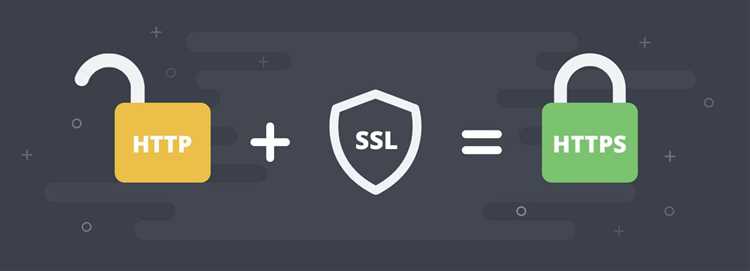Secure Sockets Layer (SSL): A Comprehensive Guide
Introduction to SSL
Secure Sockets Layer (SSL) is the foundational technology for establishing a secure, encrypted link between a web server and a browser. This encryption ensures that all data transmitted remains private and integral. SSL is vital for protecting sensitive information, making it an essential component of internet security.
How SSL Works
SSL operates through a protocol that requires the SSL certificate to authenticate the identity of the website. The SSL handshake process involves the creation and sharing of encryption keys, ensuring that the data passed between the web server and browsers remains unreadable to anyone outside of this secure connection.
Importance of SSL in E-commerce
For e-commerce sites, SSL certification is not just an option—it’s a necessity. It secures online transactions, builds customer trust, and meets PCI compliance standards. A visible indicator of SSL protection is the HTTPS prefix in the website’s URL, accompanied by a padlock icon, signaling that the connection is secure.
SSL Certificates and Their Validation
SSL certificates come in different types, including Domain Validated (DV), Organization Validated (OV), and Extended Validation (EV). Each type involves different levels of scrutiny before issuance, with EV offering the highest level of validation.
Comparative Table: Types of SSL Certificates
| Type | Level of Trust | Validation Process |
|---|---|---|
| DV | Basic | Domain ownership verification |
| OV | Moderate | Organization verification |
| EV | High | Extensive validation of the organization |

